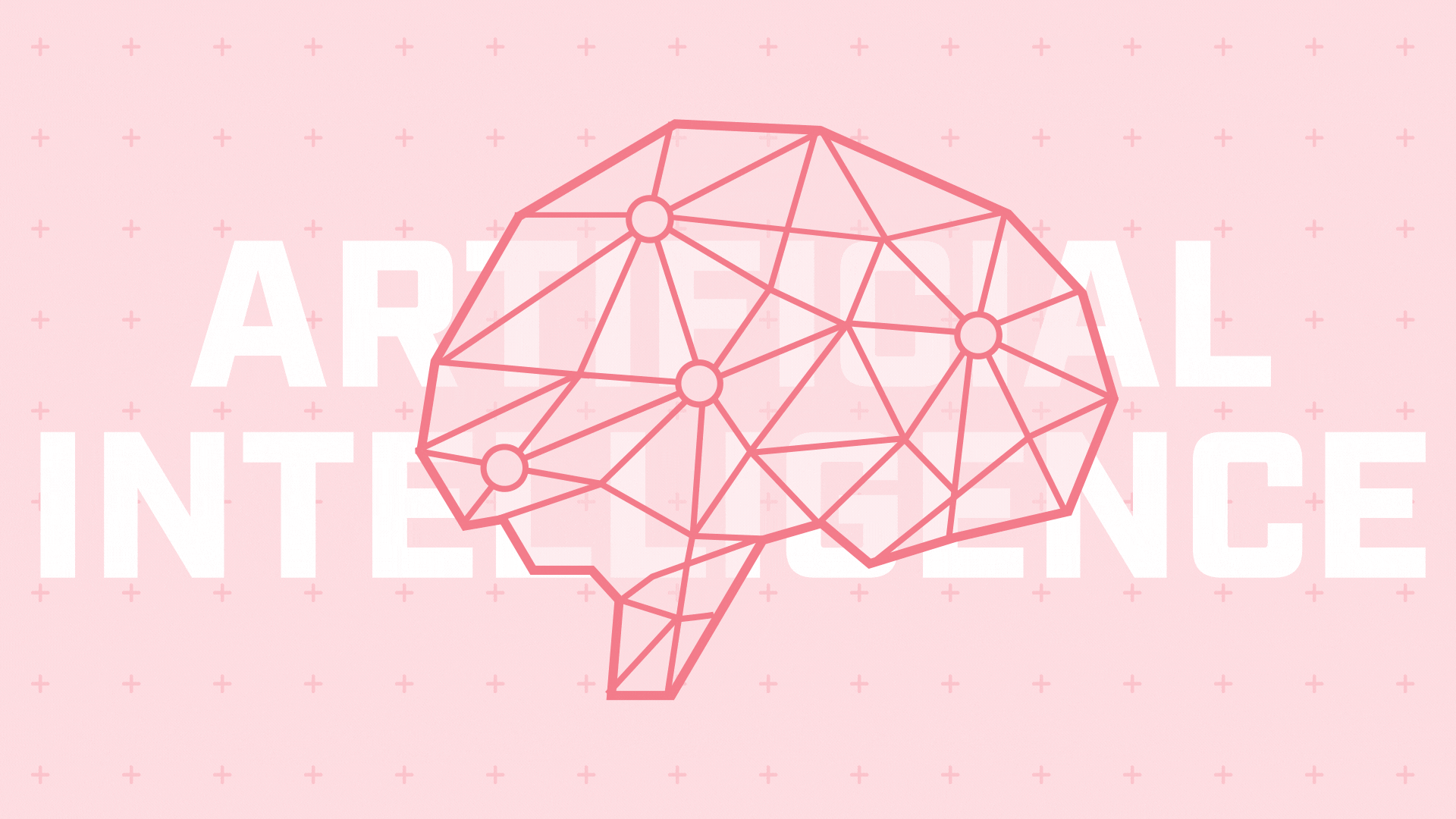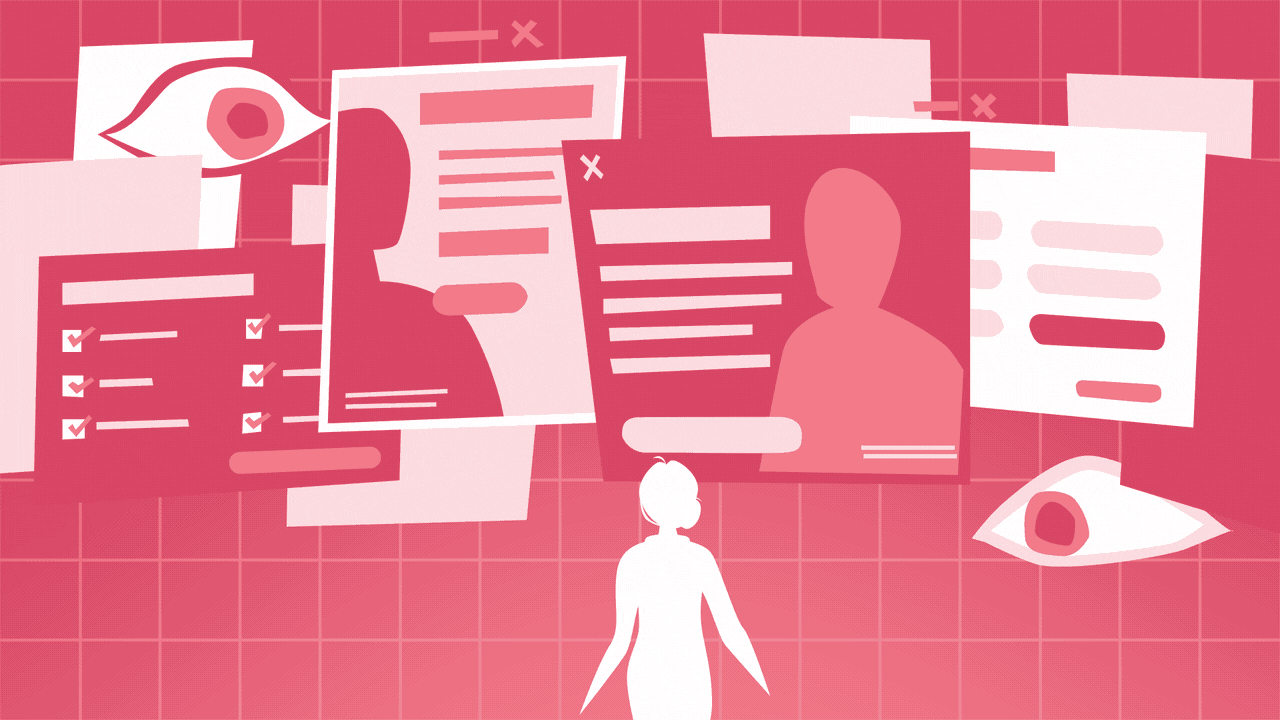Digital ad spend in the US totaled $145.3 billion in 2019, up 19.1% over 2018. There are a few reasons why advertisers are choosing to shift their budgets towards digital, but one of the main reasons is that digital ad tech is getting better.
Advertisers have more data about consumers now than ever in the past, which means they can target audiences with more specificity than ever before.
The result is digital advertising tailored specifically for each individual based on their past internet activity. Every internet user has experience encountering a digital ad that is almost too specific to the point of being eerie, and some users find these ads to be downright creepy.
Regardless of how creeped out they feel, 71% of consumers still prefer personalized ads. And if we expect the current trend the continue, personalized ads are about to get a lot more personal with the help of one of SciFi’s favorites subjects: artificial intelligence (AI).
The Brains Behind AI
The vast field of AI has been around longer than most people realize. Research into AI started in the 1950s and was originally focused on using the limited power of computers to solve simple problems and identify basic patterns. The broadest modern definition of AI is the study of teaching high-powered computers to take in huge amounts of data and make sense of the data in a meaningful way.
While the initial research into AI sought to replicate the human-reasoning process in computers, as technology improved, researchers saw more opportunity in matching the power of AI to unique tasks, like training a computer to specifically analyze volatile financial trends.
Despite its mostly mundane uses now, AI has still captured the imagination of the public, with a few high-profile pop-culture appearances like IBM’s Watson supercomputer winning a round of the television quiz show Jeopardy.
As the power of AI filtered through different industries, marketers soon found ways to make the technology useful, which means what was once a SciFi fascination will soon be on the home page of computers across the world.
Why Digital Advertising Needs AI
Hyper-targeted digital ads are built on cookies, which are small pieces of data that a website records about users as they visit the site. Cookies, while less delicious than the name implies, allow websites to track your activity and record the data in your web browser, which is how marketers get access to your internet usage history.
There are tons of helpful uses of cookies that benefit web users, like a website saving items in your shopping cart or remembering your location. But cookies are also the primary mechanism behind “creepy” digital ads.
The bad news for marketers, but good news for consumers, is that the use of cookies is coming to an end. The movement toward transparency and accountability in user data calls for the end of cookies, meaning that internet browsers will soon have much more difficulty tracking users.
The user now has control over how their data is being used, which is proper and necessary but forces advertisers to reckon with a new decreased access to user data.
That’s where AI and digital media experts converge.
The greatest benefit of AI in digital marketing is that AI does not rely on specific identifiers of individual users. As opposed to using specific data about your shopping habits to target an ad, AI uses huge amounts of data to identify trends and make highly educated assumptions about the ads that would interest you.
Digital media currently takes each web user and builds a profile using the cookies from their online activity. The data that AI uses is both anonymous and unstructured, so it doesn’t use specific personal information to target ads. This makes AI the perfect privacy-first approach to digital advertising.
How Digital Media Experts Will Use It
The capabilities of AI in digital marketing are vast, and there are already plenty of examples of digital media experts using this technology to their benefit. But when it comes specifically to digital marketing, advertisers will use AI to creatively target consumers without the use of intrusive data, like cookies.
The greatest strength of AI is the ability to convert large amounts of disparate data into trends and patterns that marketers can use. A simple example of this ability is AI that accounts for consumer purchasing trends and weather patterns.
The greatest strength of AI is the ability to convert large amounts of disparate data into trends and patterns that marketers can use. A simple example of this ability is AI that accounts for consumer purchasing trends and weather patterns.
Suppose that an AI machine discovered that sales for chicken noodle soup rise when the temperature drops below 40º. A marketer can use this information to target soup ads to geographic locations experiencing colder temperatures without knowing anything else about the consumers other than where they live.
Another recent application of AI in digital marketing emerged at the height of the COVID-19 pandemic.
As we discussed in a past blog, consumers were resistant to “normal” marketing in the midst of the pandemic. AI can analyze COVID-19 trends across the country and tell advertisers where they should pull back or increase their marketing depending on the number of active cases in certain areas.
These are both excellent examples of the predictive powers of AI to deliver relevant and targeted ads.
The Future Is Now
If science fiction is any indication, humanity is supposed to fear the growing power of AI. But the reality of AI is much less sensational and much more practical than the super-human cyborgs of science fiction.
From mundane applications like predicting the weather or suggesting something to buy on Amazon, to more cutting-edge uses like in the emerging field of natural language processing, the power of AI is becoming increasingly present in modern life. But even if you can’t see the mechanisms of AI in action, we will all encounter the results of AI in marketing sooner than later.
If you’re a cutting-edge brand in need of cutting-edge digital advertising, give Happy Medium a call.


